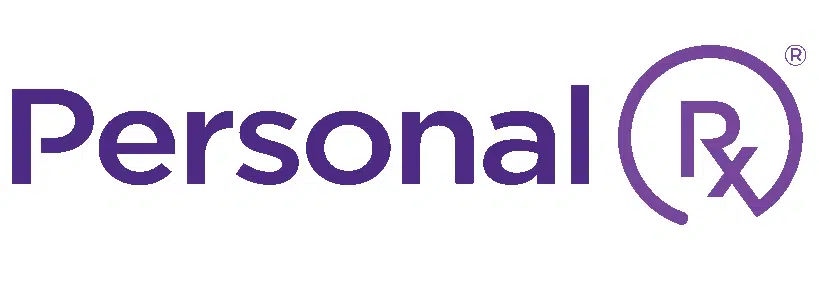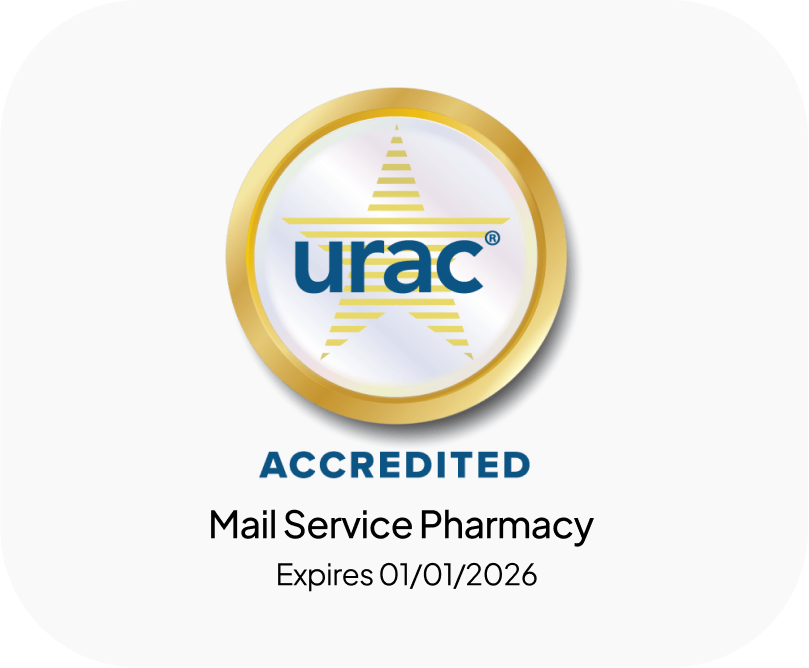As we move into winter after Thanksgiving, many winter holidays come with family get-togethers. When your senior parents age in place, family gatherings are often hosted at their house to spare them the trouble of traveling.
It’s normal for children of older adults aging in place to be concerned for their parents’ well-being. Luckily, the holidays are a great time to check in with elderly parents and relatives and get a feel for how they’re doing.
Here are things to look out for during holiday visits that may indicate elderly parents need additional assistance at home.
Behavioral Changes
During the visit, there are some behavioral changes to look out for, including:
- A decline in hygiene and a general lack of concern for appearance and grooming – this may be a sign that aging relatives are struggling either mentally, physically, or both.
- Pay attention to how much aging relatives engage in conversation. Do they seem more withdrawn than usual? Consider if they are showing any signs of depression, including feelings of hopelessness, irritability, decreased energy, or eating more or less.
- Everyone forgets some things here and there, but has the level of forgetfulness changed? Elderly parents might have a new tendency to repeat themself, whether asking the same questions or making the same statements during a conversation. Maybe an elderly parent is forgetting their bills or accidentally skipping doses of their medications.
While some of these behaviors may be considered normal for some elders, family members will want to look for any changes in these behaviors and pay extra attention if they’re new or worsening.
Sensory Changes
Sensory changes are often a normal part of aging. Noticing sensory changes in aging parents, such as vision changes or hearing loss, can still be scary for family, friends, and them.
- If one notices that an elderly parent is having difficulties during conversations, consider if it could be due to hearing loss. Are they asking those around them to repeat questions and statements louder or having difficulty following conversations at the dinner table? These are some of the signs to look out for.
- Some may notice that an elderly parent is showing new frustrations with reading and complaining that they can’t see as well as they used to. If they aren’t vocal about their vision changes, pay attention to their ability to recognize family and friends from a distance and their awareness of nearby hazards. If they’re walking into tables and bumping into furniture, this could indicate vision changes.
Physical Ability
Changes in elderly parent’s physical ability could also be due to aging and this could indicate an issue that needs addressing.
- Keep an eye out for new limits in their mobility. If an elderly parent struggles to get out of their chair or shows shortness of breath while standing or after walking a short distance, these could indicate a decline in their physical health.
- Hand tremors, head shaking, or difficulties with balance can indicate other health issues. Deteriorating motor skills can be the most alarming for children of older adults.
Medication Adherence
Perhaps one of the most important things to pay attention to when visiting elderly parents is their medication adherence (defined in our glossary). Ask questions about their medications to help discern whether or not they’ve been taking them safely and accurately.
Some questions to ask include:
- Have you been taking your medications on time every day?
- What medications are you currently taking?
- Do you ever skip doses of medications?
- Does your doctor or pharmacist tell you what medications, supplements, or foods you can or cannot use together?
- Do you have trouble remembering to take your medications?
If possible, check their medications and offer help with medication maintenance. When an elderly parent doesn’t take their medications as prescribed and directed, they risk running into health issues.
If it appears too difficult for your elderly parents to manage their medications alone, consider signing them up for a service like PersonalRX that delivers medications pre-sorted and pre-dosed. A recent study has shown that this service and switching to dose packs with the date and time printed on each pack can help patients improve adherence to their medication regimen.
Next Steps
If you’re feeling any level of concern for the well-being of your aging parents after evaluating them in the above areas, you may be asking yourself, what now?
Start by getting a list of your family member's care providers such ase their Primarcy Care Physician (PCP). Then make a list of any medications and supplments and over the counter (OTC) items they may be using. Better yet, when it comes to medication, quicky enroll with a free service like the one PersonalRX Pharmacy offers where a medlist and pharmacy are are just a click or call away.
Take the Stress Out of Managing Your Medications
Ready to simplify your routine and stay on track with your prescriptions??
Learn more about PersonalRX Pharmacy services here.
Already know you’re ready to switch?
Sign up to get your pre-sorted dose packs here.
Visit App.personalrx.com to get started.
This holiday season, checking in on elderly parents and relatives lets them know their family cares.



